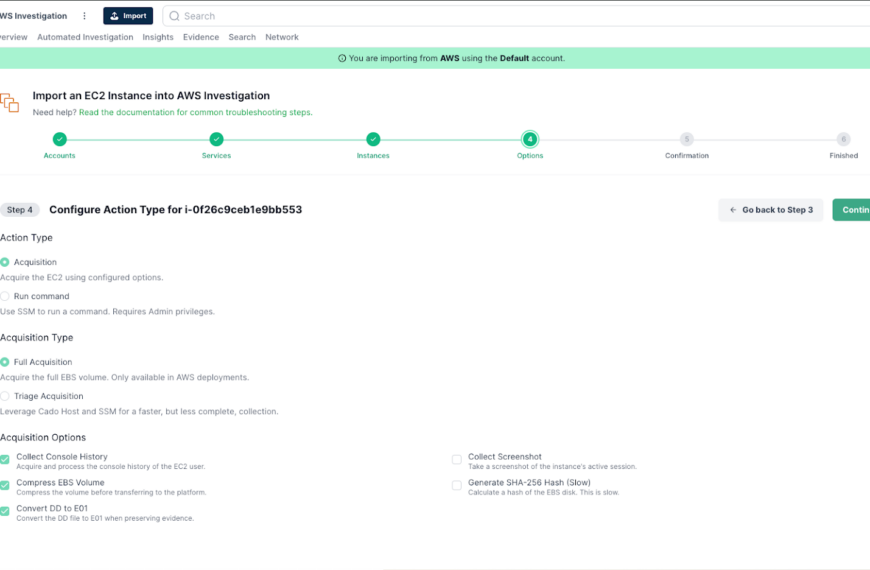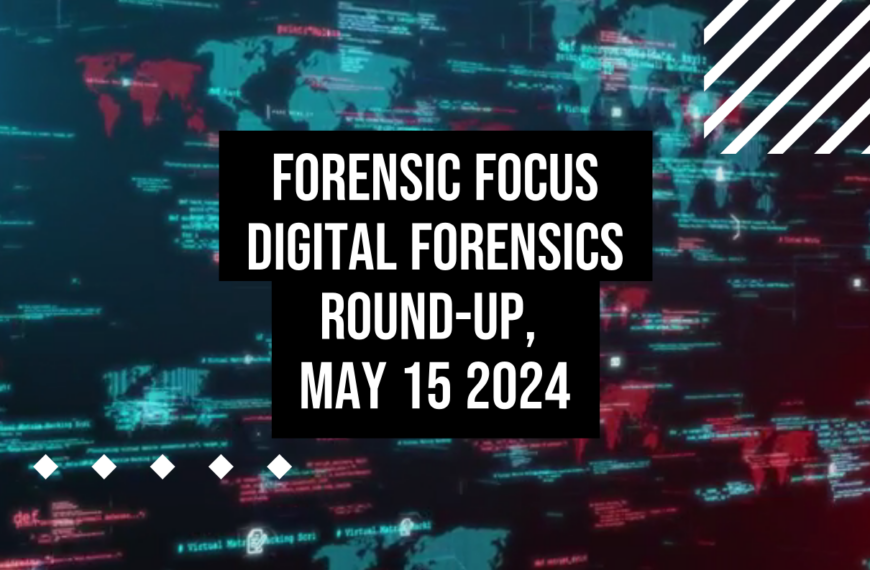First published March 2009
by Greg Smith
Mobile Telephone Evidence & Forensics
trewmte.blogspot.com
Recording Calls in the Workplace:
Telecommunications (Lawful Business Practice)(Interception of Communications) Regulations 2000 (“LBP Regulations”)
www.ico.gov.uk/upload/documents/library/data_protection/practical_application/coi_html/english/supplementary_guidance/monitoring_at_work_3.html
Statutory Instrument 1999 No. 2093
The Telecommunications (Data Protection and Privacy) Regulations 1999
www.opsi.gov.uk/si/si1999/19992093.htm
Regulation of Investigatory Powers Act 2000
www.opsi.gov.uk/acts/acts2000/ukpga_20000023_en_1
Human Rights Act 1998
www.opsi.gov.uk/ACTS/acts1998/ukpga_19980042_en_1
Data Protection Act 1998
www.opsi.gov.uk/Acts/Acts1998/ukpga_19980029_en_1
Moreover, a further web document worth obtaining from the OFCOM archive holding OFTEL’s web data is “47/99 19 August 1999 Recording telephone conversations on private networks”. OFTEL produced this document in response to a request from the Home Office to publish new guidance to companies covering their responsibilities about recording phone calls in the workplace for business purposes. Document 47/99 of the 19 August 1999 was published after the Human Rights Act 1998 was introduced and the successful employment case relating to an employee’s rights to privacy at work following the European Court of Human Rights (ECtHR) decision of June 1997 in the case of Halford vs UK.
Recording Calls for Personal Use:
OFCOM’s current general guidance on this matter is available from their website under ‘Recording and monitoring telephone calls or e-mails’. A general overview of interception, recording and monitoring of communications.
Specifically, the guidance poses answers to common questions about telephone calls. What is quite useful about the current OFCOM guidance is that it seems not to have changed from the original guidance OFTEL gave back on the 07/12/2000 in “Frequently Asked Question” that were published following the introduction of RIPA 2000.
Q: Can I record telephone conversations on my home phone?
A: Yes. The relevant law, RIPA, does not prohibit individuals from recording their own communications provided that the recording is for their own use. Recording or monitoring are only prohibited where some of the contents of the communication – which can be a phone conversation or an e-mail – are made available to a third party, ie someone who was neither the caller or sender nor the intended recipient of the original communication. For further information see the Home Office website where RIPA is posted.
Q: Do I have to let people know that I intend to record their telephone conversations with me?
A: No, provided you are not intending to make the contents of the communication available to a third party. If you are you will need the consent of the person you are recording.
www.ofcom.org.uk/static/archive/oftel/consumer/advice/faqs/prvfaq3.htm














